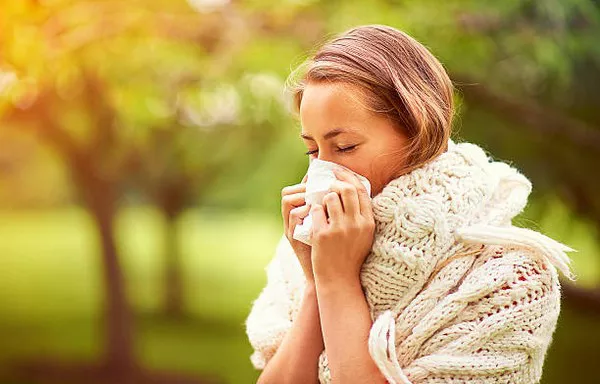If you’ve navigated through life without seasonal allergies, consider yourself fortunate. However, if you’re in your 40s or 50s and are now grappling with spring and fall discomfort, you’re not alone. Adult-onset allergies are increasingly common, affecting a significant number of people later in life.
Recent data from the Centers for Disease Control and Prevention (CDC) reveals that nearly one in three adults in the U.S. experience seasonal allergies, eczema, or food allergies. Notably, approximately 75% of these individuals are over the age of 45, with many either developing allergies in adulthood or receiving a diagnosis later in life.
The precise causes of adult-onset allergies remain unclear. Several theories suggest that moving to a new geographic area, a weakening immune system, or introducing a new pet might contribute. Additionally, there is a belief that having severe allergic reactions or symptoms during childhood can increase the likelihood of developing allergies in adulthood.
While many individuals who experience allergies early in life may outgrow them by their 20s or 30s, it is entirely possible to develop new allergies at any stage.
“Some people outgrow their allergies as kids,” explains Breanne Gendron, a nurse practitioner with OSF HealthCare. “Conversely, new allergies can emerge as you age. That’s when we guide patients through the various medications available to manage their symptoms.”
Common allergens include springtime tree and grass pollen, fall ragweed pollen, and mold spores prevalent in warm weather. Dust mites are also a year-round concern. While most allergy symptoms—such as sneezing, itchy eyes, and a runny nose—are bothersome yet mild, Gendron notes an increase in sinus infections among her adult patients compared to younger ones.
“Untreated allergies can lead to increased sinus congestion, potentially resulting in sinus infections,” Gendron says. “Addressing these symptoms promptly can help alleviate associated discomfort and prevent further issues.”
Gendron recommends a combination of oral antihistamines, eye drops, and steroid nasal sprays for managing allergies. Allergy shots may also be considered. She advises consulting a doctor to determine if a skin test is appropriate for identifying specific allergens. “Once effective medication manages your symptoms, you may need less frequent treatment,” she adds.
In addition to medication, lifestyle adjustments can help mitigate allergy symptoms. Gendron suggests removing carpets from bedrooms, washing bedding regularly, showering before bedtime after outdoor activities, and keeping windows closed at night to reduce pollen exposure.
During fall, avoid common triggers by taking preventive measures. “If activities like mowing the lawn or raking leaves exacerbate your allergies, consider wearing a mask to reduce allergen inhalation. Taking allergy medication before engaging in these activities can also help minimize reactions,” she advises.


